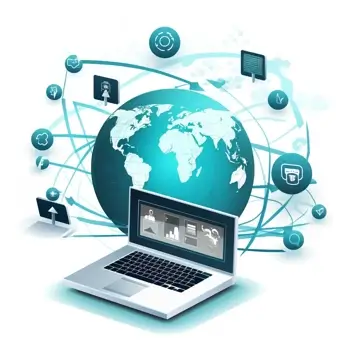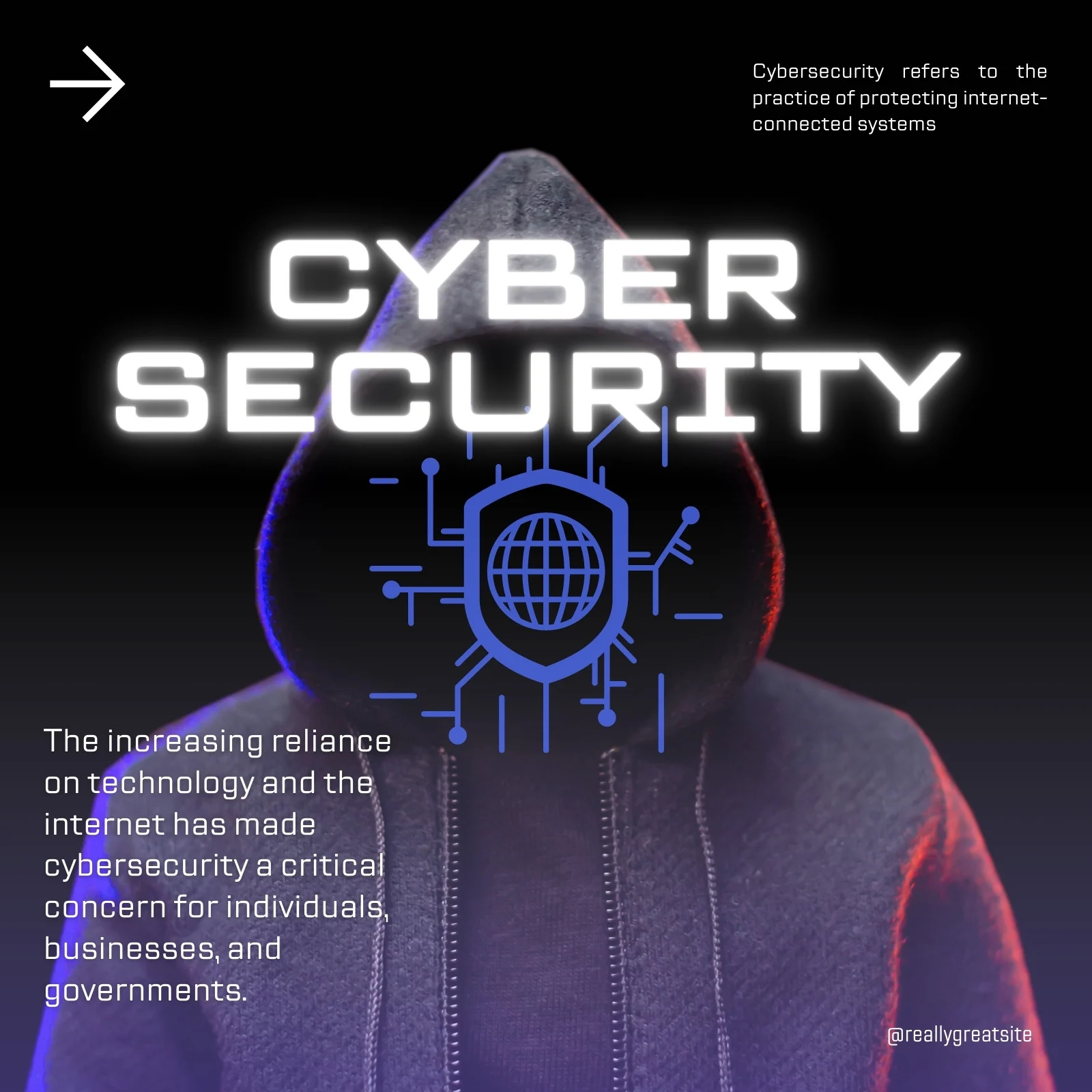

The risks to privacy from collecting and storing personal information
Identity theft occurs when hackers exploit your personal or business information for their own benefit. They might use your federal tax ID to get loans or make unauthorized purchases, or even manipulate children's identities for gain. This can have serious consequences, with 1 in 10 children being affected. Additionally, hackers may alter medical records or file false tax returns to receive refunds. It's crucial to understand the risks and take steps to protect against identity theft.
Hackers can earn money by holding your data hostage and demanding a high ransom. They might even negotiate with you, but they could also entertain offers from others, making it hard for you to refuse paying. This makes it easy for hackers to profit, as victims often feel pressured to pay up. However, you can spot this if your device is aggressively attacked by ransomware, which locks you out of your files, leading to a hostage situation for your data.
Data traders sell your information to advertisers, who then use it to make personalized ads based on your online activities like shopping lists and search history. This makes it enticing for you to spend money, even though no money is actually taken from you. It's a sneaky tactic used by marketers, selling your data to stores that can profit from your interests. For instance, if you often search for plant-related topics, you'll likely see ads related to plants.



